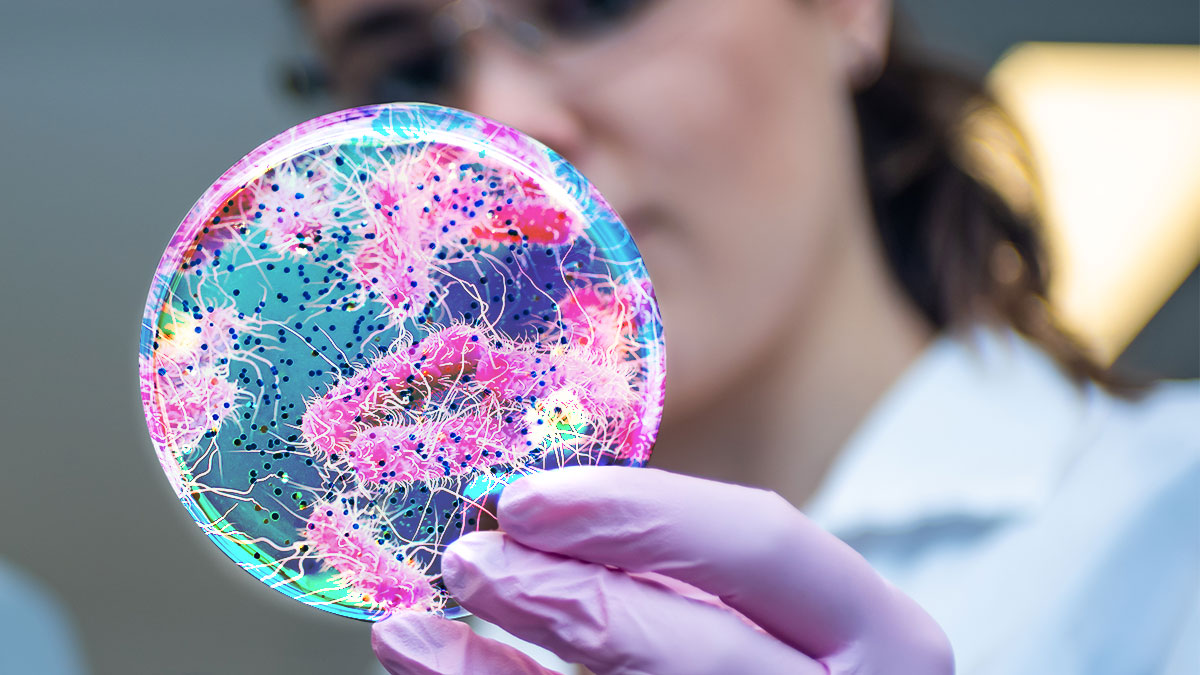25 April 2023 | Tuesday | News

Source :PerkinElmer Blog
A balanced microbiome plays an important role in maintaining human health by promoting protective immune responses and limiting excessive inflammation. But when the microbiome is imbalanced, a state known as dysbiosis, chronic inflammation and abnormal immune responses can occur.
An imbalance in the gut microbiota has also been linked to conditions such as inflammatory bowel disease, rheumatoid arthritis, diabetes, obesity, and certain cancers. This has led researchers to explore ways to modulate the composition of the gut microbiome to reduce the risk and potentially treat these diseases.
One approach for gut microbiota modulation is through direct fecal microbiota transplantation (FMT), which has been used as a successful treatment for Clostridium difficile infection. FMT involves administration of fecal matter from a donor into the intestinal tract of a recipient to change the composition of the microorganisms in the gut. However, the safety of FMT has not been fully explored and so the theoretical risk of infection is a concern.
Other options include supplementation with pre or probiotics.
Prebiotics are fibrous compounds that humans are unable to digest, but which promote the growth of beneficial microorganisms in the gut. They can be taken in supplement form but are also found naturally in some fruits and vegetables.
Probiotics are foods or supplements that contain live microorganisms, such as certain yoghurt and kombucha. Probiotics can be taken to boost the number of beneficial microorganisms in the gut.
Although many people take pre or probiotics to improve their gut health, the benefits of currently available pre and probiotics have not been conclusively proved. Furthermore, some reports have questioned the effectiveness and safety of probiotics, with concerns being raised over the presence of antibiotic resistance genes that could be transmitted via horizontal gene transfer and the risk of unpredictable microbial behaviors.
Attention has recently shifted to the beneficial effect of postbiotics. These are substances produced by microorganisms when they metabolize prebiotics. Postbiotics often have better absorption and distribution properties than the parent molecules and can confer positive effects on the human host.
While less is known about postbiotics than pre and probiotics, many research groups are now focusing their work on determining the impact of postbiotics on the microbiome. For example, researchers in the laboratory of Professor Francesco Peri at the University of Milano-Bicocca have been exploring the anti-inflammatory effect of certain postbiotics on human macrophages. Their work utilizes high-content imaging and AlphaLISA® immunoassays and the team hopes to uncover drug-like molecules that could be used to treat certain diseases.
Read the white paper to find out more about the work of Professor Peri’s team.
© 2026 Biopharma Boardroom. All Rights Reserved.